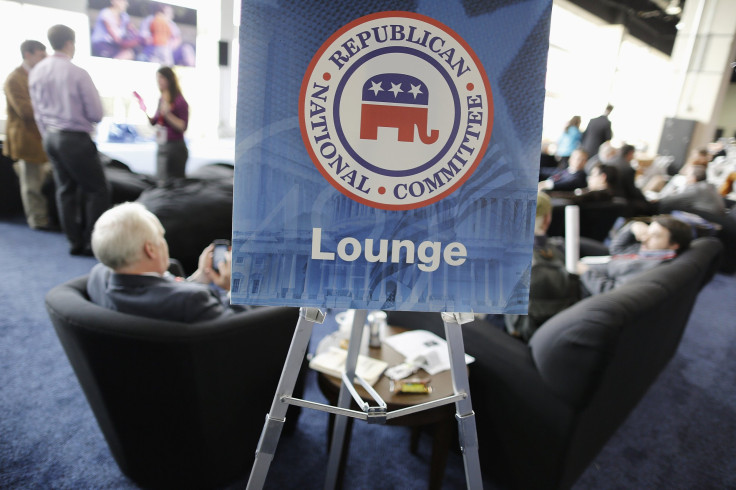Government Shutdown 2013: Republicans Already Won Concessions, They Just Won’t Admit it

In the budget battle that has paralyzed Washington and shut down the government, and risks putting the full faith and credit of the United States in question, round one has already gone to Republicans. They just won't admit it.
Defunding the health care law has been the top issue for Republicans in the last couple of months, but Republicans and Democrats are also at odds over spending levels in the budget. In all the hoopla over health care reform, Democrats silently caved on the spending issue, at least in the current round of budget fights.
For weeks, neither Democrats nor Republicans have mentioned the fact that Democrats, for the sake of keeping the government open, agreed to House Speaker John Boehner’s request to pass a short-term spending bill that does not touch the automatic spending cuts, called sequestration, currently in effect. But on Tuesday, Senate Majority Leader Harry Reid, D-Nev., began to bring up the issue.
Democrats negotiated with Republicans and struck a very difficult compromise for us. We voted; House has not. pic.twitter.com/LjNNLHdxeb
- Senator Harry Reid (@SenatorReid) October 8, 2013
When Senate Democrats passed what has been referred to as a “clean CR” -- a continuing resolution to fund the government without any anti-Obamacare provisions attached -- they did so at the sequester level, essentially conceding that they were not going to get their way on spending, at least not now. If the House and Senate ultimately go to a conference to hash out their two budget agreements, then the spending level will be up for negotiation again.
This quiet concession by Democrats was no small thing and demonstrates just how far Republicans have succeeded in moving the goalposts. As Reid’s tweet shows, President Obama’s opening bid to Congress in his budget was about $1.2 trillion for the 2014 fiscal year. The clean CR passed by the Senate in September, and which the House refuses to vote on, put spending levels at $986 billion, almost 18 percent lower than Obama’s budget. In fact, that’s low even by Republican standards; the original budget put forward by Rep. Paul Ryan put 2014 spending at $1.095 trillion.
Rep. Luis Gutierrez, D-Ill., made this point Monday during an appearance on MSNBC. “Let’s be clear, I mean, the president’s original budget was $1.2 trillion,” he said. “We are in sequester numbers. Why can't they just say ‘we won’ and move on?”
From the Republicans' point of view, however, CR spending levels are seen as holding the line rather than a victory. And with conservative primary challengers waiting in the wings, many Republican members could run into opposition from the right if they try to sell the spending level as a win and move on.
The tea party’s strategy of shutting down the government without getting big enough concessions from Democrats may be hurting them politically; one poll out Monday showed congressional Republicans with a disapproval rating of 70 percent, while another released over the weekend showed House Republicans struggling in swing districts. But their strategy of avoiding a budget conference and using crises to pass legislation has succeeded in bringing down spending levels. It led to the beginnings of sequestration in the 2011 Budget Control Act, and to the implementation of the cuts beginning in 2013.
The question now is whether future budget negotiations will replace the sequester cuts with ones that don’t hurt the economy, decimate government agencies, and defund important research and development projects.
© Copyright IBTimes 2024. All rights reserved.












